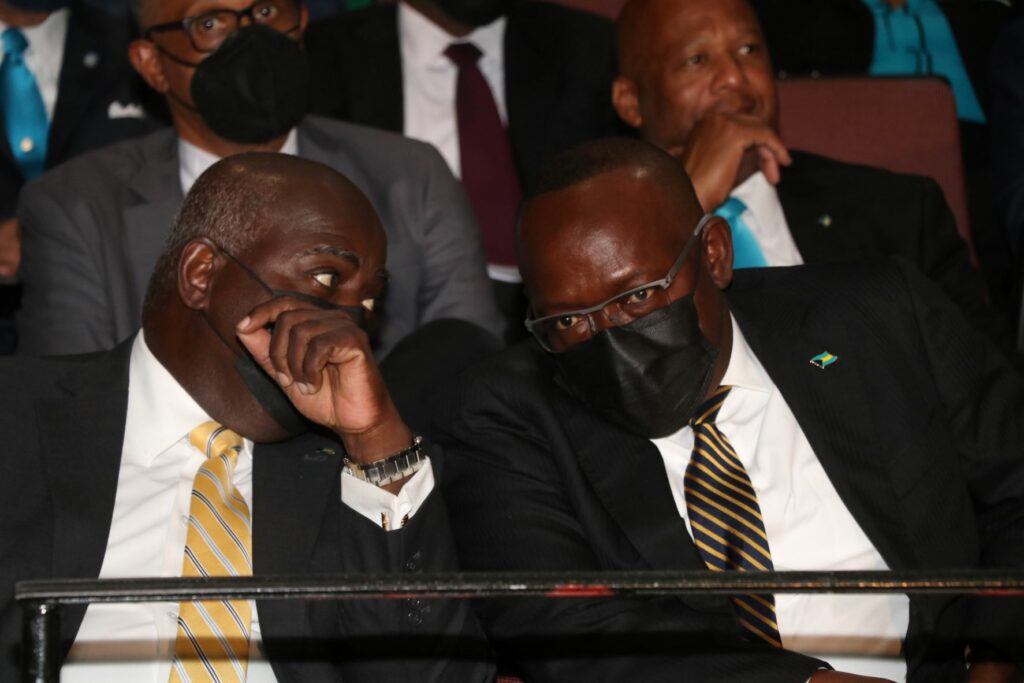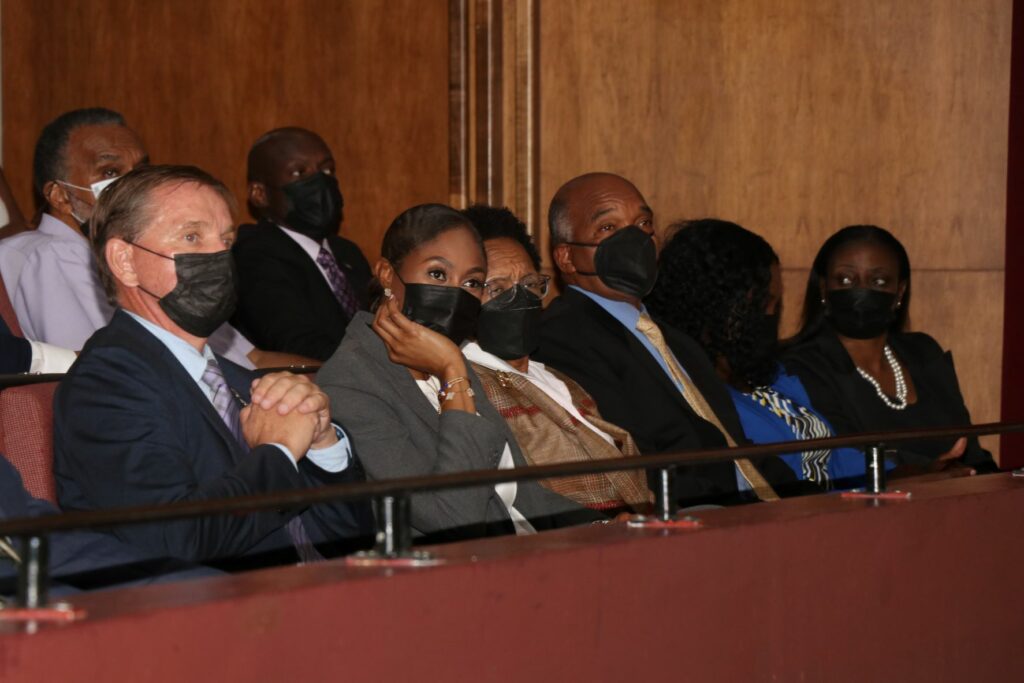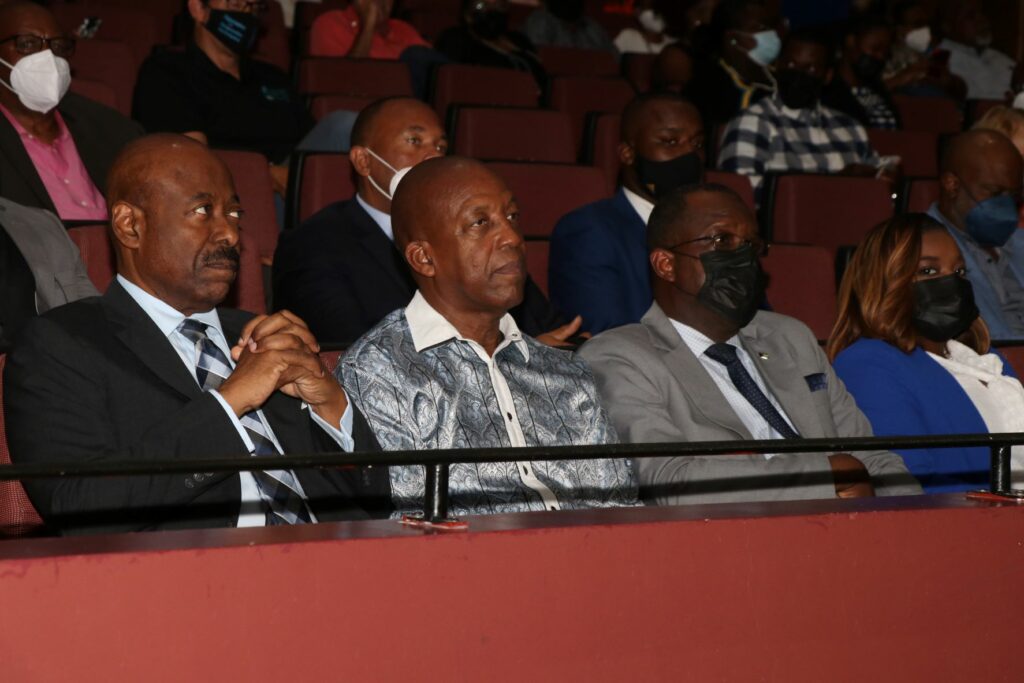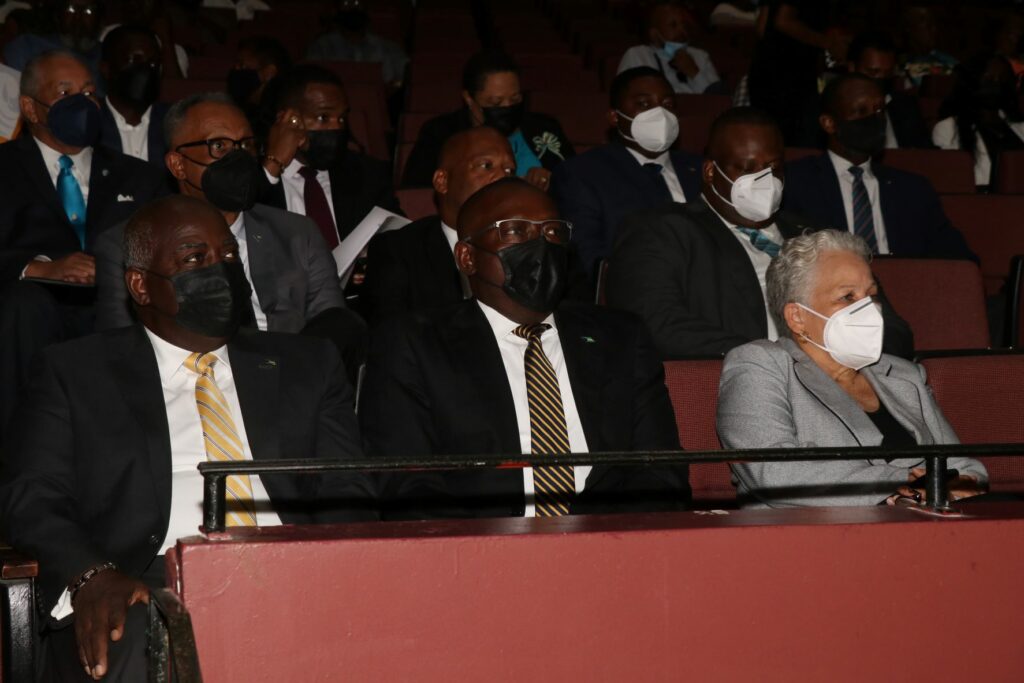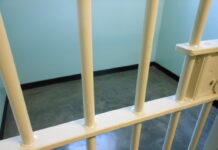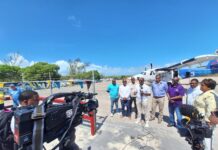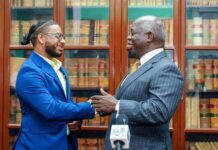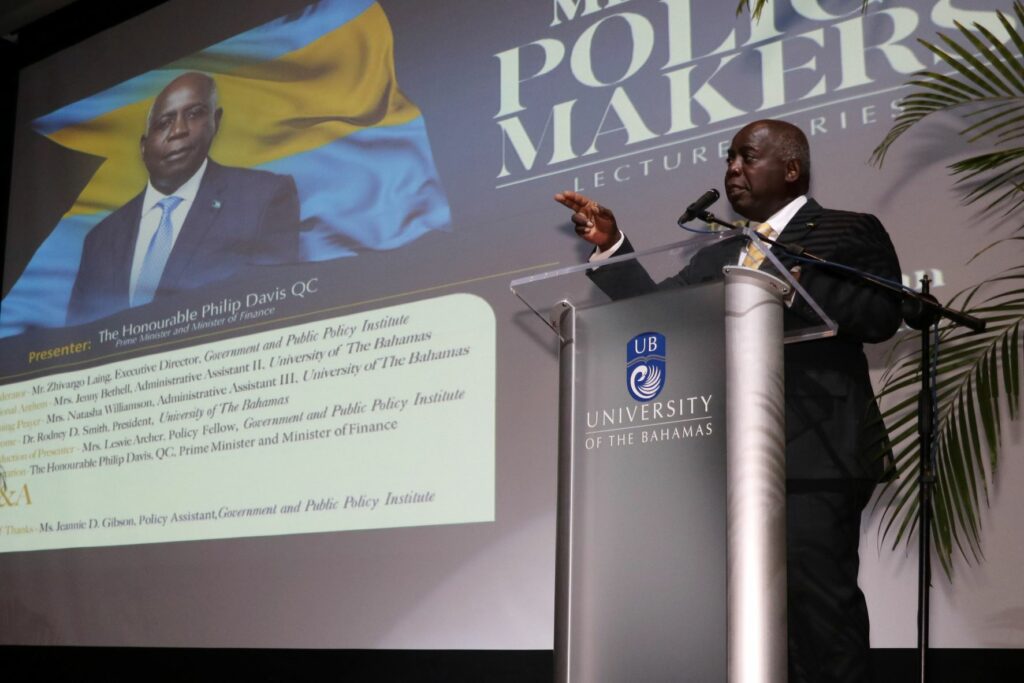
NASSAU, The Bahamas – While speaking on the topic “The National Development Plan of The Bahamas”, on July 12, 2022, Prime Minister and Minister of Finance the Hon. Philip Davis noted that, although there was an argument for saying everything needed to be done, however — without a sense of focus, a sense of priorities, “we’ll spread ourselves too thinly, and end up achieving nothing”.
“Across these nine months in office, we have set out our priorities in a number of policy speeches, both here and abroad,” Prime Minister Davis said at the Meet the Policy Makers Lecture Series, held at the Performing Arts Centre of the University Bahamas (UB).
“In our Swearing-In speeches and the ‘Speech from the Throne’, we detailed our broad legislative programme,” he added. “In my remarks to the United Nations, and at COP26 in Glasgow, I positioned our foreign policy in terms of Climate Change, and challenged the international community to deliver on the promises they have made.
“And so our priorities are inter-dependent, and not mutually exclusive.”
Among those present at the event, hosted by UB’s Government and Public Policy Institute, were Cabinet Members, senior Government officials, members of the Diplomatic Corps, NGO representatives, stakeholders and students.
The first priority Prime Minister Davis mentioned was education, which he pointed out was the path to empowerment and prosperity. That, he said, had been true of his own personal journey, and that of countless others.
“What is distinctive about our approach?” he asked.
“Well, we will educate not just for the broad curriculum, but also to ensure that Bahamians can take advantage of the opportunities we are seeking to stimulate in the Orange, Green and Blue Economies,” Prime Minister Davis said. “So, for example, our support for the LJM Maritime Academy reflects this, along with the launch of a new School for the Creative and Performing Arts.”
“That said, we also recognise that our cultural norms do not currently support and promote the value of education as they once did,” he added. “This has given rise to comments such as ‘book learning isn’t everything’.”
Prime Minister Davis said that, while he agreed that the traditional, university-based education was not the right path for everyone, a confident grounding in literacy, numeracy and all the other skills which enable someone to function well in modern society – those skills remained essential.
“The grammar of WhatsApp messages, and the attitude of Tik Tok videos are not reliable foundations for success,” he said.
“And education isn’t something that should just happen to young people in schools,” he added.
“It should be a cradle-to-grave experience, an exercise lifelong learning.”
Prime Minister Davis noted that, in the short term, his Government must address the learning loss of the past few years, occasioned by the pandemic.
“But as we move towards the medium and long-term, we will push to improve the standing of training, learning and education in our communities,” he said.
Prime Minister Davis said that The Bahamas must also improve its educational attainment levels.
“Over the years, a system has evolved whereby those people of means, pay for their children’s education, either here or abroad,” he said. “I am deeply concerned that those who cannot afford to pay too often do not receive the kind of education that can help them fulfil their potential and purpose.”
Prime Minister Davis said that his Government’s second Priority was in Health & Wellness.
He noted that access to good, affordable, reliable healthcare sat within his Government’s ideas about economic justice and dignity.
Prime Minister Davis said: “Plans are well-advanced to build new clinics and hospitals; but we have a bigger ambition: the recruitment of more doctors and nurses and staff, who can give patients the care they need; strengthening National Health Insurance to ensure that Bahamians can access that care; and support for wellness initiatives that should help to prevent people needing to seek medical attention in the first place.”
“As we transition to achieve these goals, we have put in what I would call stop-gap measures, reserving $10 million in this year’s budget, to cover the costs of catastrophic healthcare, for those who can’t afford,” he added.
Prime Minister Davis said that the Economy was his Government’s third Priority.
“It is not to say that it’s the third most important thing for us,” he pointed out. “In fact, most National Development Plans build out from economic policy.”
“But I use this order to underscore the point that for my administration, we are mindful to put the individual needs of Education, Health and Wellness, on par with the need to have a successful Economy,” Prime Minister Davis added.
He noted that his Government believed that fiscal soundness derived from strong economic growth.
“And by the way, our efforts to diversify economy do not mean that we are playing down tourism in any way,” Prime Minister Davis said.
“It remains our most valuable sector, and we think that the potential for growth and value for tourism, is still very significant,” he added. “I have already spoken as to how the principles of Economic Justice and Dignity informs our approach to the National Development Plan.”
Prime Minister Davis said that matters connected to the Environment were his Government’s fourth Priority.
“By this, I mean both the natural and built environment,” he said. “Perhaps a better way to describe it, would be the way we plan to look after our home: whether it’s God-given or we’ve made it ourselves.”
“You have already heard the attention and focus we are giving to the impact of Climate Change on The Bahamas,” he added. “You will continue to hear more.”
Prime Minister Davis said that, looking ahead, The Bahamas may have to engage with some “very challenging natural events and conditions”.
“Without wishing to veer into something too bleak for this occasion, please understand, that when we say that the impact of climate change poses an existential threat to our country, we mean just that: it threatens our very existence,” he said.
“And we can, and will and must do something about it.”
Prime Minister Davis said that the fifth Priority was what could be broadly termed “Cultural and Social”.
“I’m not talking about formal culture, in the sense of the arts, but culture as in ‘the way we do things here’,” he noted.
“I am not alone in thinking that we can do more to build stronger communities and a stronger nation,” he added.
Prime Minister Davis said that the conversations and images on social media too often represent Bahamians as a violent, conflict-driven people.
He said: “In our own lives, we know many wonderful Bahamians who do so much to strengthen the ties that bind us: the nurse who stays past her shift to care for a patient who needs her; the teacher who goes the extra mile for a student who is struggling; the grandmother who looks out for the children on her street who might be short on meals or affection; the pastor who knows who in his flock needs extra healing.”
“We shouldn’t have a conversation about our national development without acknowledging that the work done by the angels among us should be supported, lifted up, and encouraged,” Prime Minister Davis added. “That is the only way to ensure that we will have such angels in every generation.
“During the celebrations for the 50th Anniversary of Independence next year, I hope that we can include this as a part of our national conversation: What do we need to do to make sure that we are developing into the kind of people and society that we want to be?”
